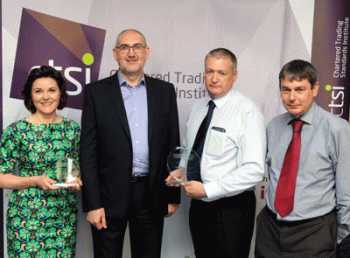The impact of counterfeiting on consumers and legitimate businesses is well illustrated in an short article on LinkedIn Pulse by David Howell, a brand protection and anti-counterfeiting expert. Although it is written from a U.S. perspective his comments are universal as counterfeiting is a worldwide problem that affects all of us.
 David explains that counterfeits don’t just affect high end consumer products. Virtually everything we buy and use can be faked, with knock-on effects to organised crime, employment and health. If you want to gain an insight into counterfeiting and what can be done to counter this ever growing threat then this article is for you.
David explains that counterfeits don’t just affect high end consumer products. Virtually everything we buy and use can be faked, with knock-on effects to organised crime, employment and health. If you want to gain an insight into counterfeiting and what can be done to counter this ever growing threat then this article is for you.





